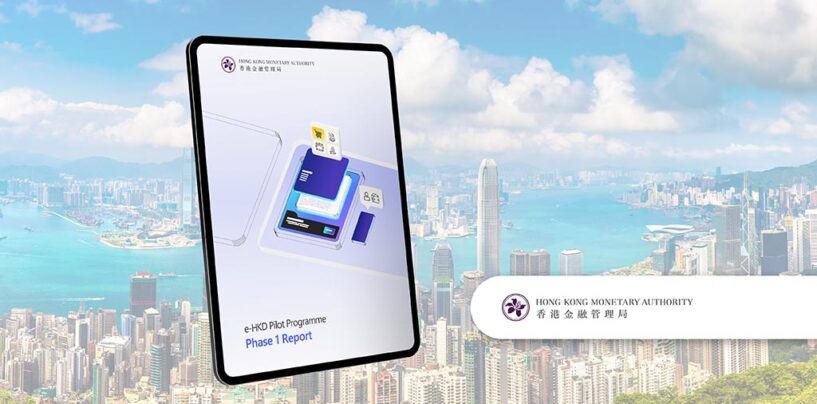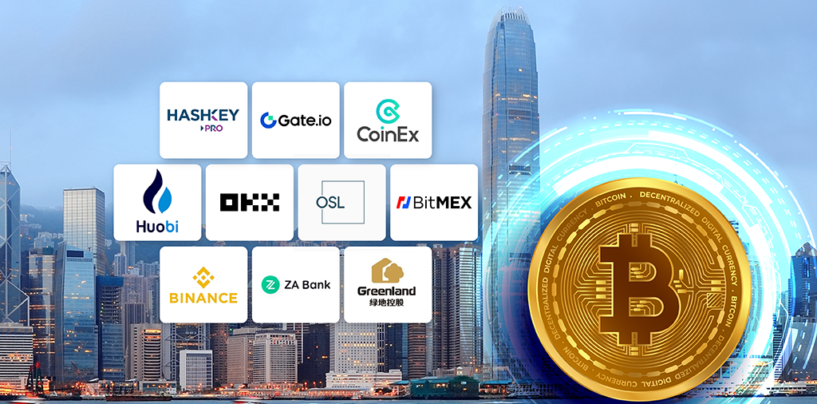
Posts From Johanan Devanesan
Asian Financial Forum 2024 to Be a Beacon of Finance in Turbulent Times
The financial epicentre of Asia is poised to resonate once again with the vibrant synergy of leaders, innovators, and visionaries at the 17th iteration of the Asian Financial Forum (AFF), returning to the bustling cityscape of Hong Kong on the
Read More6 Ways Hong Kong’s e-HKD Pilot Initiative Explores the Future of Currency
As part of its forward-looking “Fintech 2025” strategy, the Hong Kong Monetary Authority (HKMA) is preparing for the advent of central bank digital currencies (CBDCs), aiming to enhance Hong Kong’s capacity to issue CBDCs at both wholesale and retail levels,
Read MoreE-Wallets Hong Kong: Who’s Leading, Opportunities, and Challenges
Since their inception in 2016, e-wallets in Hong Kong which operate under Stored Value Facilities (SVFs) licensing have rapidly expanded, with the market now served by an intriguing mix of thirteen non-bank licensees, plus four traditional banks that also operate
Read MoreWhat It’s Like Working in the Fast-Paced Hong Kong Fintech Jobs Market
With a dedicated and longstanding commitment to an innovation-enabled financial landscape, the fintech jobs environment in Hong Kong is significantly developed and advanced. The territory has gained significant attention by focusing on developing intricate systems for digital banking, finance, insurance,
Read MoreHK Leads The Way as Sustainable Financing Hub with US$ 10B Green Bonds Issued
The latest edition of the Hong Kong Green and Sustainable Debt Market Briefing reveals a significant surge in labeled green bonds arranged in Hong Kong in 2022, despite an overall decrease in the volume of green, social, sustainability, sustainability linked,
Read MoreHigh Customer Costs a Drawback for Hong Kong’s Digital Banks Profitability
In the ever-evolving landscape of banking, even developed markets like Hong Kong face changing customer demands that traditional banks may struggle to meet. This has created an opportunity for digital banks to step in and offer highly personalized and digital
Read More10 Companies Vying for the Hong Kong Retail Crypto License
New regulations governing cryptocurrency exchanges came into force in Hong Kong on 1st June, now allowing these crypto platforms to cater to retail customers, provided they attain and comply with licences aimed at improving investor safeguards. In order for digital
Read MoreHong Kong Urges FSI to Support Crypto Firms With ‘Basic Banking Services’
The Hong Kong Monetary Authority (HKMA) has urged the banking sector to provide services to licensed virtual-asset firms as part of the city’s ambition to become a leading crypto hub. Last week, the Hong Kong financial regulator issued a circular
Read MoreHow Hong Kong’s New Crypto Rules Could Renew Its Status As a Financial Hub
Hong Kong has been a key financial centre in Asia and around the world, but it faces fierce competition from Singapore. In recent years, Singapore has emerged as a major fintech hub and has attracted multinational and Chinese companies, as
Read More5 Hong Kong Fintech Startups Making Inroads in Web3
It has been a tumultuous couple of years for the bustling fintech scene as well as Web3 startups in Hong Kong. As the world grappled with the fallout of the COVID-19 pandemic, US-China tensions, and Hong Kong itself came to
Read More











